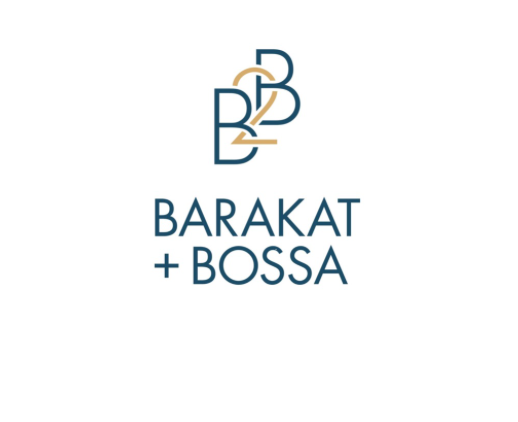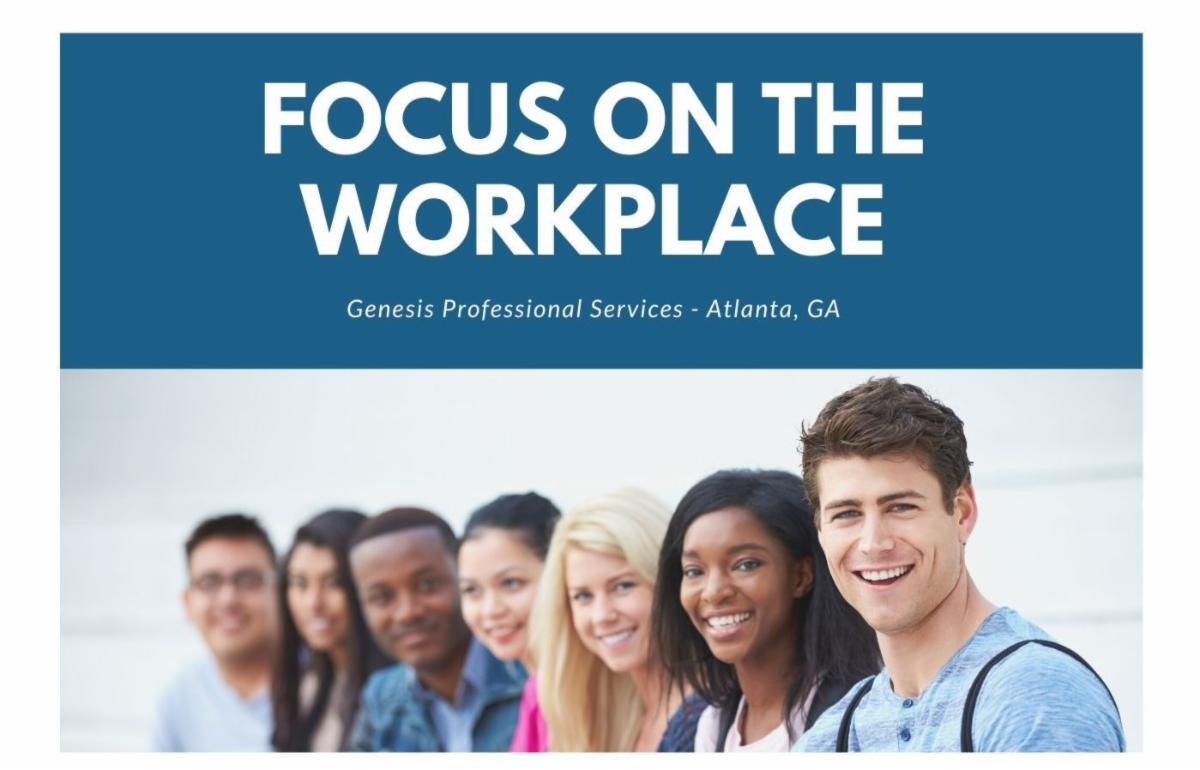by EXP Legal
Cos’è
Il voucher per l’internazionalizzazione, gestito da Invitalia per conto del MAECI, è rivolto alle micro e piccole imprese (MPI) che vogliono espandersi o consolidarsi sui mercati esteri.
Possono richiedere il contributo le MPI manifatturiere (codice Ateco C) con sede legale in Italia, anche costituite in forma di rete.
Cosa finanzia
Il voucher finanzia le spese sostenute per usufruire di consulenze da parte di Temporary Export Manager (TEM) con competenze anche digitali, inseriti temporaneamente in azienda e iscritti nell’apposito elenco del Ministero degli Esteri.
Le prestazioni devono avvenire nell’ambito di un contratto di consulenza manageriale della durata di 12 mesi per le micro e piccole imprese e della durata di 24 mesi per le reti.
La consulenza dei Temporary Export Manager deve essere finalizzata a supportare i processi di internazionalizzazione attraverso:
- analisi e ricerche sui mercati esteri;
- individuazione e acquisizione di nuovi clienti;
- assistenza nella contrattualistica per l’internazionalizzazione;
- incremento della presenza nelle piattaforme di e-commerce;
- integrazione dei canali di marketing online;
- gestione evoluta dei flussi logistici.
Come funziona
Il contributo è concesso in regime “de minimis”:
- 20.000 euro alle micro e piccole imprese a fronte di un contratto di consulenza di importo non inferiore, al netto dell’Iva, a 30.000 euro;
- 40.000 euro alle reti a fronte di un contratto di consulenza di importo non inferiore, al netto dell’Iva, a 60.000 euro.
È possibile ricevere un contributo aggiuntivo di 10.000 euro se si raggiungono i seguenti risultati sui volumi di vendita all’estero:
- incremento di almeno il 15% del volume d’affari derivante da operazioni verso paesi esteri registrato nell’esercizio 2022, rispetto allo stesso volume d’affari registrato nell’esercizio 2021;
- incidenza – nell’esercizio 2022 – almeno pari al 6% del volume d’affari derivante da operazioni verso paesi esteri sul totale del volume d’affari.
La domanda
La domanda si potrà presentare esclusivamente online tramite procedura informatica, attraverso il link alla piattaforma web che sarà pubblicato sul sito di Invitalia.
La prima finestra temporale sarà attiva dalle ore 10.00 del 9 marzo 2021 alle ore 17.00 del 22 marzo 2021 per compilare la domanda, firmarla digitalmente e caricarla sul sistema. La successiva finestra temporale sarà attiva dal 25 marzo al 15 aprile 2021, dalle ore 10.00 alle ore 17.00, con esclusione dei giorni festivi e prefestivi. L’orario di arrivo, prodotto su apposita ricevuta, determinerà l’ordine cronologico di ammissione ai contributi.
Lo Studio EXP Legal è a disposizione delle aziende per raccogliere le manifestazioni di interesse all’ottenimento del voucher e la predisposizione del programma di internazionalizzazione richiesto in fase di presentazione della domanda.













